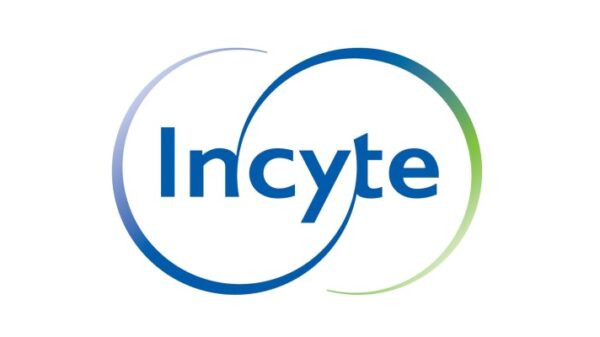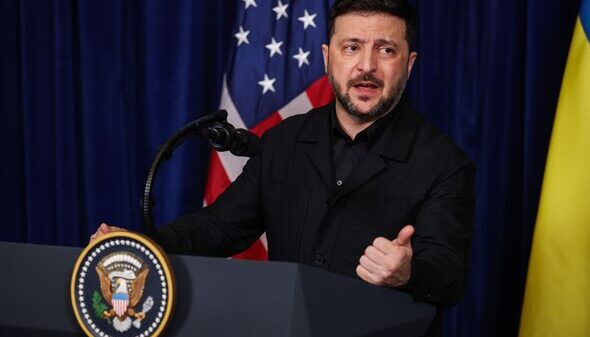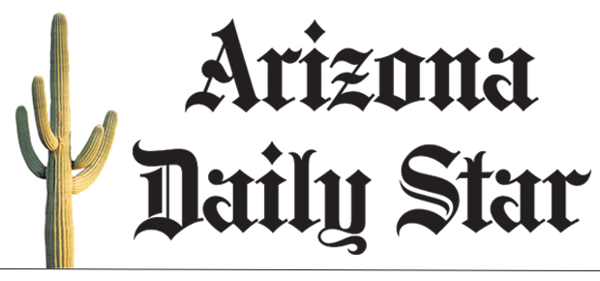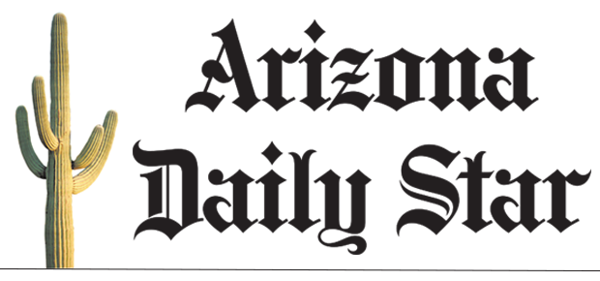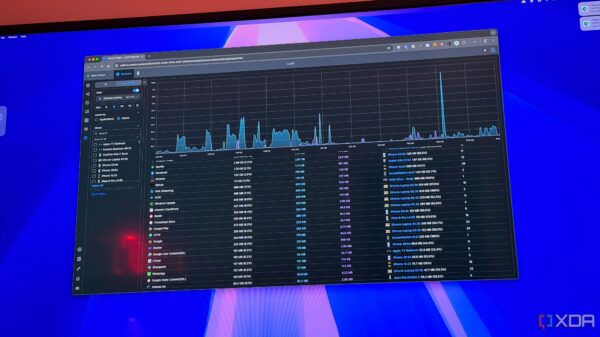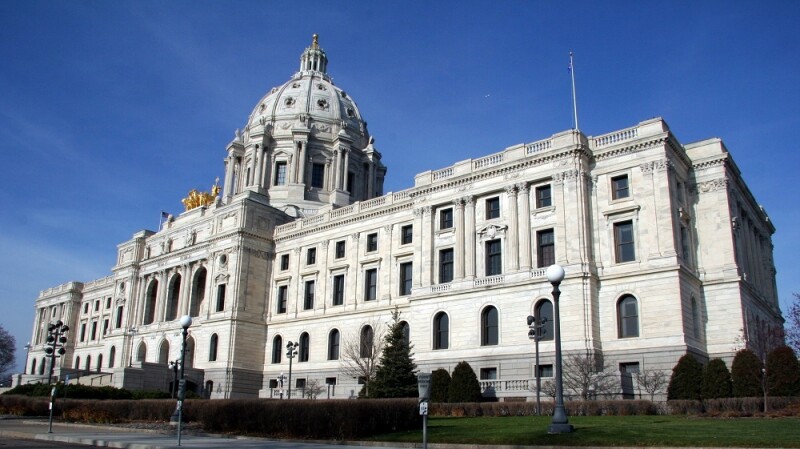The state of Minnesota is set to introduce a new Paid Family Medical Leave (PFML) program starting on January 1, 2026. This initiative promises up to 20 weeks of paid leave for employees who become ill or need to care for someone. While this may seem beneficial for workers, business owners are expressing significant concerns about the implications for operational costs and workforce management.
Under the PFML program, the Minnesota Department of Employment and Economic Development (DEED) will administer the scheme, which requires hiring over 400 full-time government employees. Critics, including former president of the Willmar Lakes Area Chamber of Commerce, Ken Warner, liken this rollout to past state projects that have faced challenges, such as the MNLARS debacle, which involved substantial financial mismanagement.
Beginning in 2026, employers will incur an additional tax of 0.88%, which can be partially passed on to employees. This shift will likely lead to dissatisfaction among workers who may not appreciate funding a program that replaces existing employer-provided leave options. As a result, employers must prepare for the financial burden of paying employees during their absence while also hiring temporary staff to fill in.
The broad definition of “expected caregiver” raises further concerns about the potential for widespread leave requests. Employees could be absent for extended periods, complicating workforce management and increasing operational costs. Employers are also required to hold positions open for returning employees, adding another layer to managing workforce dynamics.
Despite the program’s impending launch, awareness among both employers and employees remains low. Many business owners are encouraged to proactively seek information, either by contacting the state or exploring private insurance alternatives. Engaging in dialogue with employees about the upcoming changes is also crucial, as they will be subject to the new tax implications whether through direct deductions or the mandated leave pay.
While the PFML program aims to support families in need, there is considerable apprehension regarding its economic impact on businesses within Minnesota. As local employers contemplate their future in light of these changes, the political ramifications will also come into focus during the 2026 elections. Warner has pointed out that the party advocating for this program may influence the state’s business climate, urging voters to consider the consequences of their choices at the polls.
As the rollout date approaches, the urgency for business owners to stay informed and adapt becomes increasingly critical. Minnesota’s economic landscape may shift significantly if employers respond by relocating to more business-friendly environments, which could ultimately undermine the state’s efforts to fund the PFML initiative. The coming years will reveal the true impact of this program on Minnesota’s business ecosystem.






